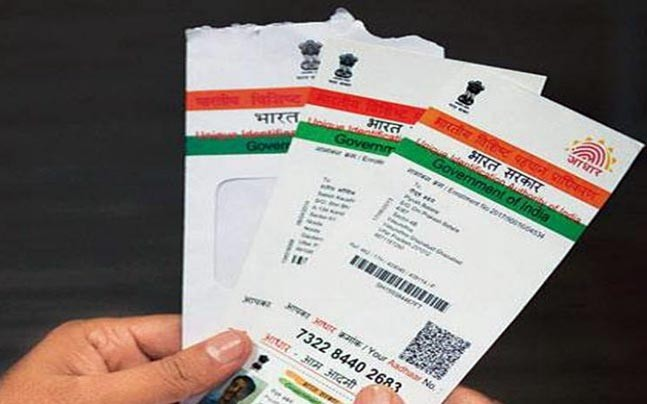YOUSEF AL HOMAIDHI WRITES — Aadhar is an ambitious project started by the Government of India which functions under the Unique Identification Authority of India (UIDAI) and came into existence in 2009. Aadhar is a 12-digit unique identification number that is given to each and every citizen by UIDAI. It contains basic, demographic information on Indian citizens. It also contains biometric details of each person, such as fingerprints and iris scans. Recently, India made it mandatory to link Aadhar with telephone connections, booking of railways tickets, income tax filing and significant cash transactions in banks, all of which have brought up major concerns regarding data privacy.
Aadhar is not supposed to replace the already existing identification documents, such as passports, voter identity cards and PAN cards issued by income tax departments. Rather, Aadhar’s purpose is to eliminate the need for any intermediary departments, governmental or state nodal agencies to monitor corruption and leakage of funds.
However, there has been much controversy about linking Aadhar with fundamentally everything, especially when there are already methods in place to collect this private information. Security and privacy concerns have been raised around the protection of Aadhar data, including the use of private data by unauthorized persons and misuse and pilferage of demographic and biometric data. The main concern is the government’s surveillance and misuse of private citizen data without the proper permission or legal sanctions. A public interest litigation has been filed in the Supreme Court, and in March 2018, the Supreme Court questioned the Government of India on the need to maintain and keep the Aadhar data.
This isn’t the first time India has dealt with data concerns regarding the use of Aadhar. For example, the personal details of the famous M.S. Dhoni, former captain of the Indian Cricket Team, were leaked by an Aadhar authentication center in the state of Jharkhand. Also, in April 2017, approximately one million Aadhar card details were erroneously leaked from the Jharkhand government’s websites. In another incident, 210 websites published Aadhar details on some of its beneficiaries as well.
As of now, the matter related to the security and privacy of individuals is pending under the court of law. The main question in consideration is the protection of the privacy and sovereignty of people under Article 21 of the Constitution of India. Aadhar is one of the biggest databases of individuals in the world and it seems that it is being crushed by its own weight. If more effort isn’t made to protect citizen data, more severe outcomes may result.

